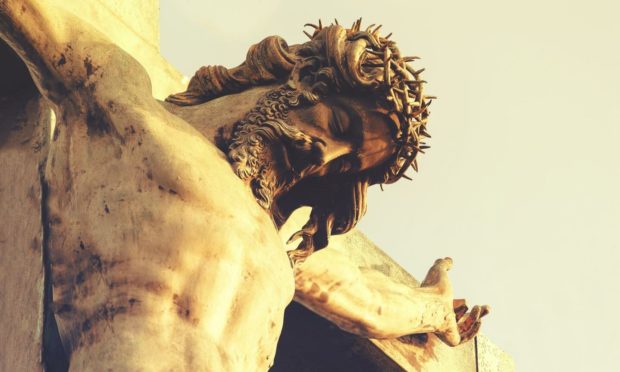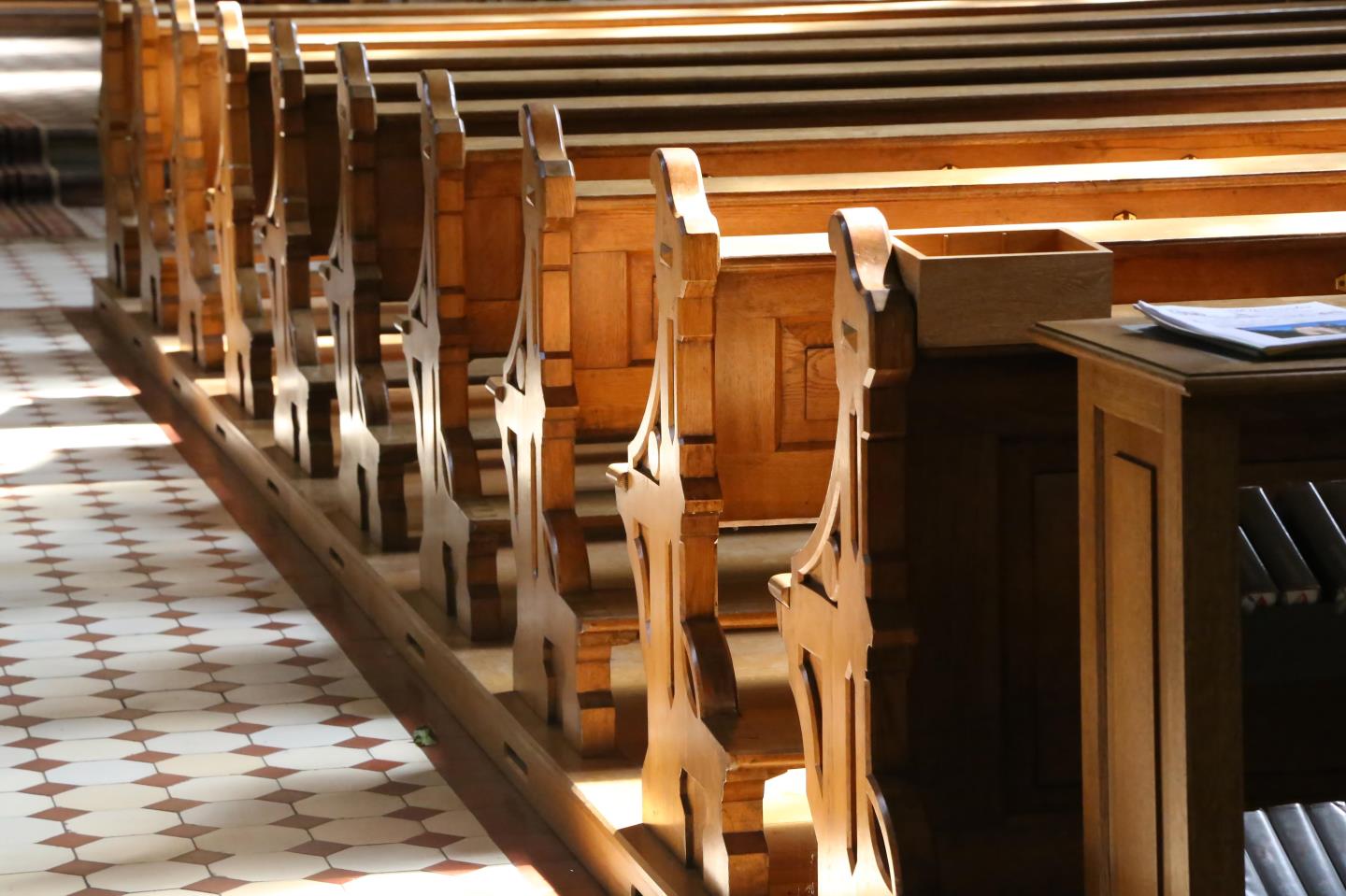Timing, we’re told, is everything – which is just a neat way of saying that everything has a context, a motivation and a catalyst.
In 2013, Cardinal Keith O’Brien resigned after allegations of sexual impropriety. Many years before, I’d had a conversation with one of his four accusers.
Brian had attended Scotland’s Drygrange seminary where O’Brien, was his spiritual director. As a teenager, he revered Keith. When the older “holy” man made sudden sexual advances, he was horrified. So much so, that when O’Brien later became Archbishop of Edinburgh, Brian left the priesthood.
Journalistically, it was a great story but, personally, I hesitated. I didn’t want to expose someone simply for being gay. Neither did Brian. We agreed to let it lie.
The O’Brien story was never about sex. It was about power – a cold, distorted, abusive power that squashed dissent and crushed victims
This week, Brian Devlin releases a book, Cardinal Sin, which gives a fascinating behind-the-scenes insight into the O’Brien affair: the sheer terrifying scale of taking on the Catholic Church.
It is the first time he has made his name public. As the accuser’s spokesperson back then, I vociferously defended the principle of public anonymity. Their names were known to the church, but the public do not have an inalienable right to information just because they are curious.
Victims of sexual crime particularly own their own narrative until they are ready to share it. For Devlin, that moment is now.
The repercussions of the scandal rippled on for years
The O’Brien story was never about sex. It was about power – a cold, distorted, abusive power that squashed dissent and crushed victims. By the time it was publicised, O’Brien was a Cardinal and there was cynicism about the timing. But the motivation was never some homophobic agenda – nor was it spite. If either of those had been the itch, they would have been scratched years before.
The context was O’Brien’s public declarations about the evils of homosexuality while privately living a gay life. The catalyst was the chance discovery that Devlin’s experience was not a one-off: O’Brien’s behaviour had been predatory for years. And the motivation? Whistleblowing. A call for deep, authentic reform.
‘Cardinal Sin’ will be available in Waterstones from Wednesday/Thursday this coming week. If it’s not there and you want to read it please ask them to order it for you. Hope you like it pic.twitter.com/W20OYcvkD4
— Brian Devlin (@BDevlin1) July 24, 2021
We were, initially, a tight group: four priests and a journalist. It was a moment in time, five people thrown together in a strange period hallmarked by stress and a nervous camaraderie.
The repercussions rippled on for years, both for us and the church. I had cautioned everyone before pressing the publicity button. I knew it would change their lives. I had no idea how much it would change mine.
How can you possibly feel guilty about telling the truth and demanding justice?
Comedians often make jokes about Catholic guilt. Any lapsed Catholic will tell you it’s the bit you can’t shake off.
When O’Brien resigned, I cried privately for an old and broken man whose life achievements disintegrated in a blast of public humiliation. But when asked if I felt guilty about scandalising the church I was raised in, the answer was unequivocally no. Change was necessary. How can you possibly feel guilty about telling the truth and demanding justice?
Believe me, there is not enough space here to describe the cold ruthlessness the Catholic church is capable of when challenged, or the personal damage that caused
I was merely the conduit but I became publicly steely in my resolve to protect the four accusers, as well as advocate for the many abuse victims who contacted me.
Believe me, there is not enough space here to describe the cold ruthlessness the Catholic church is capable of when challenged, or the personal damage that caused. All organisations are self-protective. But all organisations don’t claim to follow Christ.
Lip change not heart change
Abuse can be spiritual as well as sexual. O’Brien took something from Devlin that he never got back. I understood that. I never made the mistake of equating a male Catholic hierarchy with a deity. Nonetheless, inside me there was a space the size of a wilderness.
The sickness of abusers saddened me. But the sickness of the institution’s responses to that abuse horrified me. The cover-up. The omerta. The subtle threats.
The bleeding figure of the crucified Christ, crowned with thorns, terrified me as a child. Now I saw the abused children as bleeding figures and I understood it was the servants, not the master, who should be feared.
Cardinal Sin brought it all back. A time when all of us put our shoulders to the church wall and tried to budge it. Eventually, we realised we were likely to crumble before the wall did.
The change that has followed has not been fast enough or deep enough. Lip change not heart change.
I’m still contacted by church victims. Church intransigence, says Devlin, is why he wrote Cardinal Sin, scrutinising the church in a way it never scrutinised itself.
“I wish,” he says, “that I had never had to write it – but the altar rails are well and truly up again.”
Catherine Deveney is an award-winning investigative journalist, novelist and television presenter

